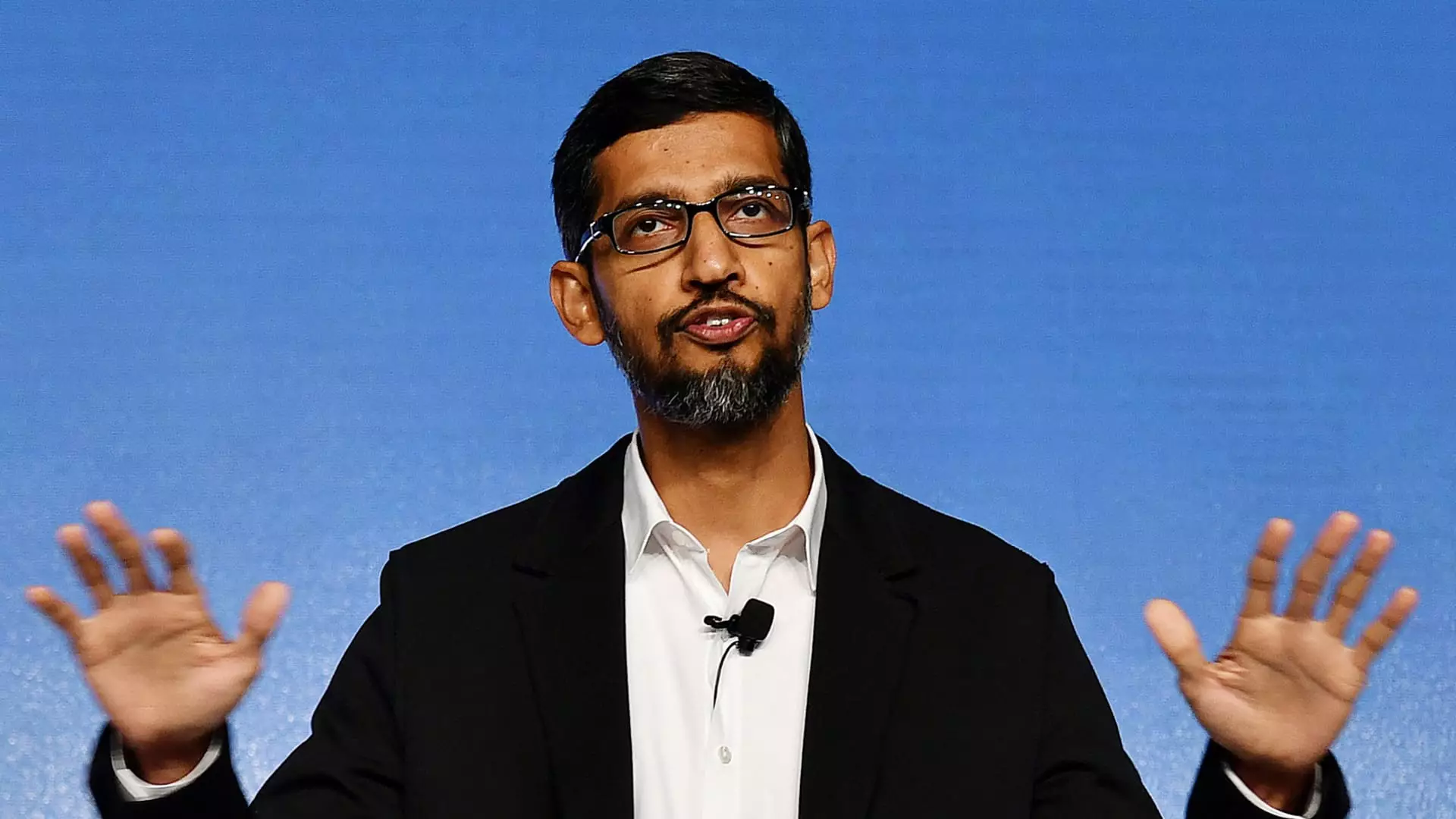As society grapples with an increasingly polarized political landscape, major corporations face the challenge of maintaining a neutral workplace atmosphere. Google, one of the most powerful tech entities globally, recently made headlines for moderating internal discussions about U.S. elections. This action raises essential questions about freedom of expression, corporate governance, and the implications of narrowing political discourse within organizations. This article explores the recent developments at Google as it seeks to create a distinct boundary between employee opinions and professional responsibilities in an increasingly contentious environment.
The Company’s Response to Employee Expression
Google has taken significant measures to mitigate political discussions among its employees, particularly on its internal discussion platform, Memegen. Ahead of the 2023 U.S. elections, executives circulated communications urging staff to restrain their political expressions, especially those that could undermine the company’s purported role as a neutral information provider. Despite these efforts, employees continued to use the platform for political commentary, highlighting a growing dissatisfaction with management’s restrictions on free speech.
Sundar Pichai, Google’s CEO, emphasized the company’s position as a trustworthy source of information in a recent memo. He implored employees to remember the broad and diverse user base that relies on Google’s services, including Google Search, YouTube, and Google News. This prompts a vital consideration: What is the balance between maintaining a neutral corporate environment and acknowledging employees’ right to express their political views?
The Historical Context of Google’s Internal Policies
Google’s increased scrutiny over political discourse is not entirely new; it traces back to policy changes implemented in 2019. The company introduced a guideline that prohibited employees from making statements deemed to “insult, demean, or humiliate” their colleagues about sensitive topics, which, of course, include politics. This marked a cultural shift, as employees felt these guidelines were overly broad and limiting.
Moreover, the introduction of stricter internal content moderation policies has further exacerbated tensions between Google’s leadership and its workforce. Employees voiced concerns that such measures stifled essential dialogue regarding workplace issues and broader societal concerns, leading to a significant disconnect between management’s intentions and the employees’ desire for open discourse.
Adding fuel to the fire, controversies surrounding corporate projects like Project Nimbus—Google’s deal to provide cloud services to the Israeli government—have sparked considerable internal dissent. Employee protests and discussions about the ethical implications of such contracts underscore a friction point between individual beliefs and corporate objectives. The situation illustrates not only the complex relationship between business operations and social ethics but also the challenges faced by large tech firms in upholding their values while navigating external pressures.
In response to employees’ outcry regarding content removal and the political orientation of workplace interactions, Google was compelled to escalate its moderation efforts, resulting in the 2023 updates within Memegen’s guidelines. This included harsher restrictions against sharing personal political opinions, which had previously dominated internal discussions. Such a move, while seeking to promote a more harmonious workplace, inevitably raises concerns regarding censorship and the diminishing voice of employees.
The recent Memegen policy updates, which threaten bans for repeated violations and include the implementation of AI technology to detect inappropriate content, serve as a double-edged sword. On one hand, they aim to create clearer boundaries regarding acceptable discourse; however, they also risk fostering an environment where employees may feel reluctant to engage in discussions, even on matters that could be beneficial for workplace culture.
Moreover, the label of Memegen as a platform unsuitable for personal political opinions may dilute the collaborative nature of this internal forum, which served as a space for employees to connect intellectually and emotionally. As Google’s leadership navigates this delicate balance, the ramifications of these policies are yet to be fully understood.
In attempting to temper internal political discourse, Google finds itself at a crossroads. The efforts to cultivate a corporate culture that prioritizes unity and neutrality inadvertently challenge the very foundation of open dialogue—one that many employees seek. The future of workplace culture within Google—and possibly across the tech industry—will hinge on how effectively management can address employees’ needs for expression while simultaneously catering to varying interests and external perceptions.
Ultimately, the question persists: Can a technology giant like Google truly remain a trusted source of information if it stifles the conversations that shape the perspectives of its employees? Striking this balance may prove to be one of the most significant challenges of the modern corporate landscape. As the dynamics unfold, stakeholders must carefully consider the implications of a muted workplace culture on both employee morale and organizational integrity.


Leave a Reply